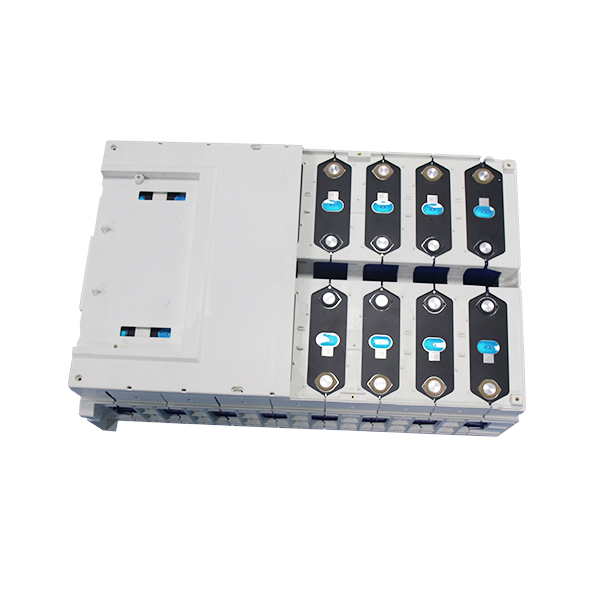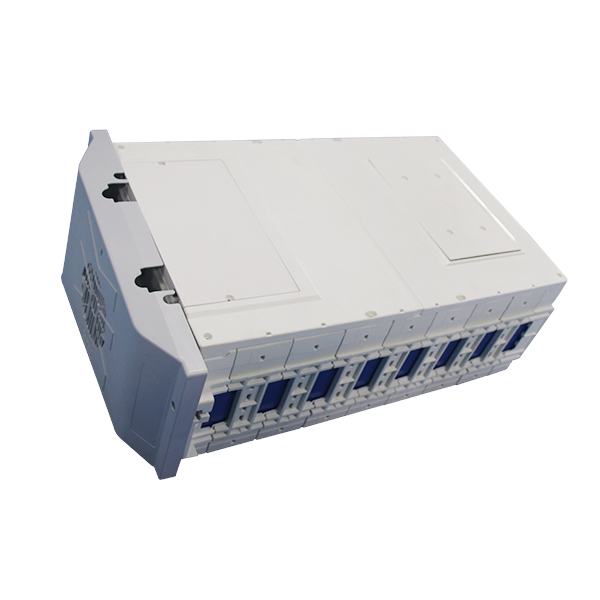What is the difference between high-pressure energy storage systems and traditional energy storage systems?
There are significant differences between high-pressure energy storage systems and traditional energy storage systems in multiple aspects.
High voltage energy storage system is a relatively new technology, characterized by the use of high voltage to store energy.
This type of system usually uses energy storage components such as supercapacitors or high-voltage batteries, which can quickly charge and discharge in a short period of time, with high power density and small volume.
Due to the fast charging and discharging speed, high-voltage energy storage systems are very suitable for scenarios that require rapid response, such as the acceleration of electric vehicle start-up and instantaneous power compensation in power systems.
In addition, high-pressure energy storage systems have a longer cycle life and lower maintenance costs, making them widely used in some continuously operating equipment.
Traditional energy storage systems rely more on chemical energy to store energy, such as lead-acid batteries, nickel cadmium batteries, and lithium-ion batteries.
These batteries store and release energy through chemical reactions, therefore requiring relatively long time for charging and discharging.
Although these batteries have a high energy density, they do not perform as well as high-voltage energy storage systems in applications that require fast response due to their slow charging and discharging speeds.
In addition, traditional energy storage systems have a relatively short cycle life and high maintenance costs, which to some extent limits their application scope.
In practical applications, high-pressure energy storage systems and traditional energy storage systems each have their own advantages and disadvantages.
High voltage energy storage systems are suitable for scenarios that require fast response and high efficiency, such as electric vehicles, wind power generation, and solar power generation.
Traditional energy storage systems are more suitable for scenarios that require long-term energy storage and lower costs, such as UPS power supply, backup power supply, and energy storage power stations.
Overall, there are significant differences between high-voltage energy storage systems and traditional energy storage systems in terms of charging and discharging speed, power density, volume, cycle life, and maintenance cost.
With the continuous development of technology, both of these energy storage systems are expected to be more widely applied and optimized in their respective fields.
-
1What is a distributed energy storage system

2024-07-09
-
2What is the difference between high-pressure energy storage systems and traditional energy storage systems?

2024-07-09
-
3Comparison of advantages and disadvantages of various energy storage systems

2024-07-09
-
4Composition of energy storage system

2024-07-09
-
5Analysis of the advantages and disadvantages of commonly used batteries in energy storage systems

2024-07-09
-
6The role of energy storage systems in microgrids

2024-07-09
-
7What aspects do battery energy storage systems include

2024-07-09
-
8Huzhou Energy Storage Integrated Machine Manufacturer: Energy Storage System Equipment Safety

2024-07-09





